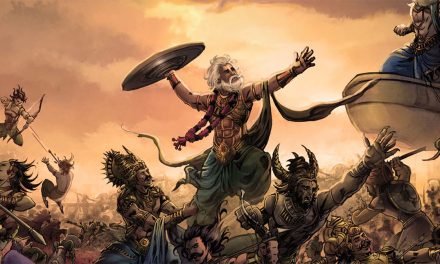Can downward dog transform murderers into model citizens? That’s the philosophy behind a program in India’s state of Madhya Pradesh where prisons offer special yoga classes to the incarcerated. Instead of breaking rocks, they learn yoga positions, like the downward dog which is when a person gets on all fours and forms an inverted V by pushing their buttocks high into the air.
For every one-to-three month program of yoga lessons completed, the prisoners receive a prison reduction of 15 days.
Murderers and thieves learn to meditate and breathe from some of the world’s best yoga instructors like Swami Ramdev.
“So many of the prisoners have total life transformations and now they are very responsible citizens of the country and they become yoga teachers as well,” said Ramdev through an interpreter. “They become the course of inspiration and respected citizens of their community.”
Ramdev has taught classes in more than 150 prisons around India over the past 17 years.
Around the world, yoga is used for everything from meditation to weight loss, but in India, where the practice originated, its uses are expanding. Allowing prisoners to practice yoga is one way to help them deal with their emotions.
“Yoga is a good thing to control the anger and to manage the stress,” said Sanjay Mane, Madhya Pradesh state’s inspector general of prisons. “The prisoners inside are under tremendous stress away from their families.”
Mane estimates that more than 3,000 prisoners have taken the courses held each morning. The classes focus on breathing exercises and asanas, or yoga positions.
If the prisoners take the classes seriously, it is considered good conduct and can be reviewed for a reduction of sentences.
He said the prison system does not know whether learning how to do the downward dog and other yoga positions has kept inmates from landing back in prison and said they need to do a study on recidivism.
Some critics suggest that yoga cannot transform a criminal into a respected member of society, but Mane thinks otherwise.
“Some people have their doubts, I do not have any doubts whatsoever,” he said. “They’re better off than their earlier phase and in control of themselves.”













